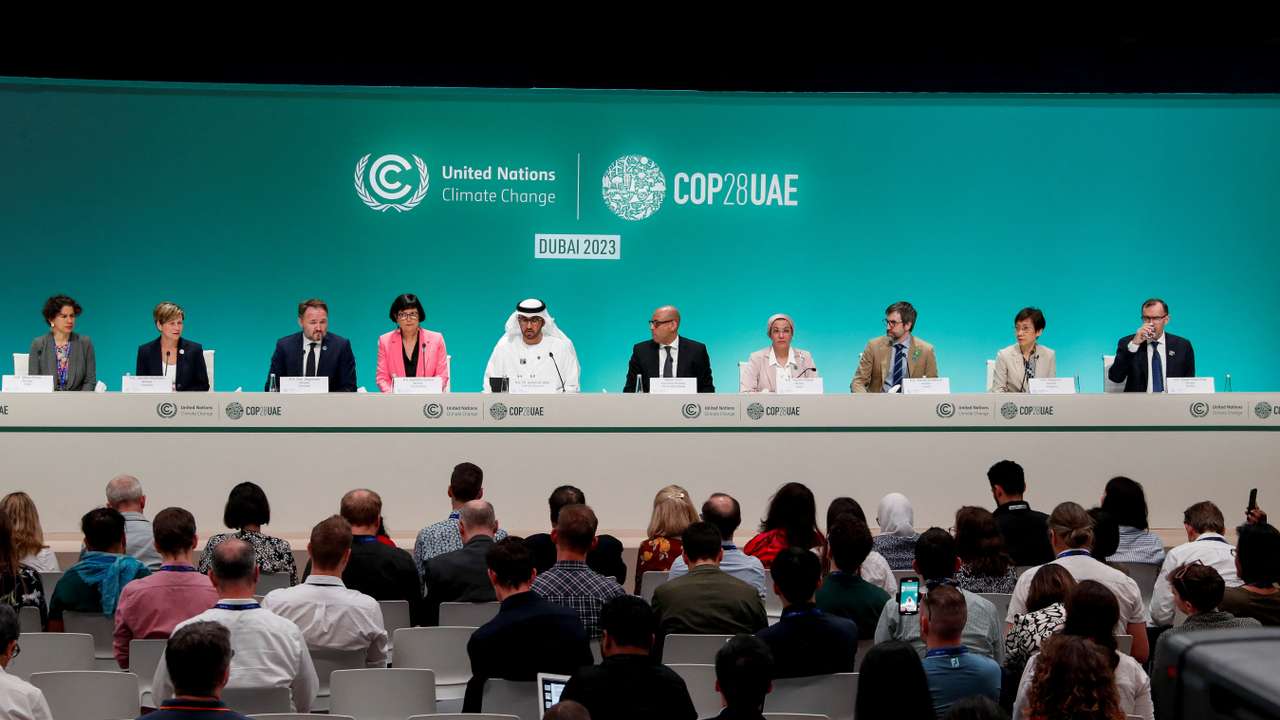COP28: Are we on track to achieve the renewable energy revolution?

The Conference of the Parties (COP) since its establishment in 1995, has been a central platform to address climate change. Its 28th session in Dubai marked a historic turning point in global efforts to combat the phenomenon.
Held in Dubai from November 30th to December 13th, COP28 attracted over 97,000 participants, including heads of state, government officials, climate experts, and leaders from various sectors, capturing the world's attention.
Despite the ambitious pledges, questions about the implementation and progress achieved since COP28 linger. Has the summit's pledge translated into tangible action? Has it catalysed meaningful progress in renewable energy plans?
Key Outcomes
The summit ended with a historic agreement - the first-ever commitment to reduce the use of fossil fuels. Over one hundred countries have pledged to triple renewable energy capacity by 2030, indicating a collective move towards a sustainable energy future.

The agreement does not demand the immediate phasing out of coal, oil, and gas, but it sends a clear message that the world is committed to moving away from fossil fuels. As of December 8, around 130 countries had signed up.
After COP26 in 2021, nations committed to more ambitious climate strategies, but by September 2022, only 22 out of 196 countries had fulfilled this pledge. COP27 resulted in an accord to allocate "loss and damage" funding to support vulnerable nations facing severe climate change impacts.
Nearly 200 countries have agreed to reduce fossil fuel consumption, emphasising renewable energy as the future cornerstone. They aim to triple renewable energy capacity by 2030, signalling a clear message to markets that renewables are the way forward.
Progress after COP28
According to the International Energy Agency (IEA), countries are on track to meet the target of tripling global renewables by 2030 if current trends persist.
Recently, the European Union (EU) cited COP 28 in its new 2040 climate target, signalling a step towards a greater ambition in combating climate change.
According to Pedro Pedroso, the lead climate negotiator for the G77 group, which represents 135 developing nations the success of the agreements made at COP28 relies heavily on the actions of major polluters, particularly wealthy nations who bear historical responsibility for the climate crisis. For instance, just five Western countries account for 51% of all oil and gas expansion, with the United States leading.
Aligned with COP28 commitments, the Biden administration in January decided to halt the construction of new liquified natural gas (LNG) terminals in the United States. Jennifer Morgan, Germany's Special Envoy for Climate Foreign Policy, and Laurence Tubiana, co-architect of the Paris Agreement, linked the United States' decision to halt LNG terminals to the momentum generated by COP28's commitment to transitioning away from fossil fuels.
However, reports indicate that global fossil fuel producers are preparing for growth that would double the planet's carbon budget.
Saudi Arabia, one of the nations with the highest carbon emissions in a recent directive to state-owned oil company Aramco, has raised questions about potential shifts in the fossil fuels industry.
“We are transitioning, and transitioning means that our oil company, which is a hydrocarbons company, now is becoming an energy company, with investments that go into all areas like oil, gas petrochemicals and renewable energy,” Energy Minister Prince Abdulaziz bin Salman at a conference in Dhahran said.